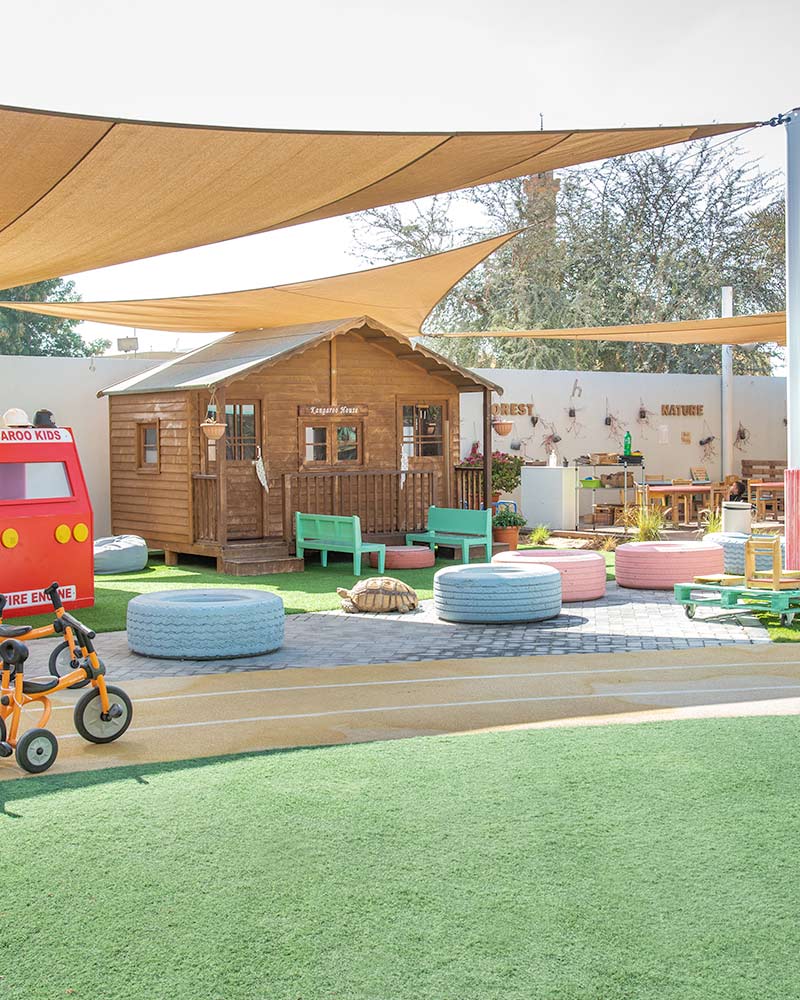Field trips and educational excursions in nursery in Dubai are more than just a break from routine—they are invaluable experiences that contribute significantly to a child’s early education. These outings go beyond the confines of the classroom, providing children with hands-on learning opportunities that stimulate curiosity, foster social development, and broaden their understanding of the world around them.
Hands-on learning:
Field trips offer a unique and vibrant way for children to engage with educational content. Unlike traditional classroom settings, where learning is often abstract, excursions provide a hands-on experience that appeal to various learning styles. Whether visiting a museum, zoo, botanical garden, or local farm, children can touch, see, and interact with the subject matter, enhancing their understanding and retention of information.
Stimulating curiosity:
Nursery school is a time of boundless curiosity, and field trips serve as a catalyst for exploration. Exposure to new environments and experiences sparks children’s interest, encouraging them to ask questions, make observations, and seek answers independently. Field trips nurture a love for learning by connecting educational concepts to real-world scenarios, making the educational process more meaningful and engaging.
Social development:
Educational excursions provide a social setting outside the classroom where children can interact with their peers and educators in a different context. Collaboration on activities, sharing discoveries, and understanding new environments contribute to the development of essential social skills. Field trips create opportunities for teamwork, communication, and the formation of bonds, fostering a sense of community within the nursery school.
Connecting theory to practice:
Field trips bridge the gap between theoretical knowledge and practical application. Whether studying nature, science, or community dynamics in the classroom, an excursion allows children to witness these concepts in action. This connection strengthens their understanding of abstract concepts, fostering a holistic approach to learning and encouraging a lifelong appreciation for exploration and discovery.
Provide opportunities for parental involvement:
Field trips often provide opportunities for parental involvement, enhancing the overall educational experience. Parent volunteers can join the outing, actively participating in guiding and supporting the children. This collaborative approach strengthens the relationship between educators, parents, and students, creating a sense of shared investment in the child’s education.



